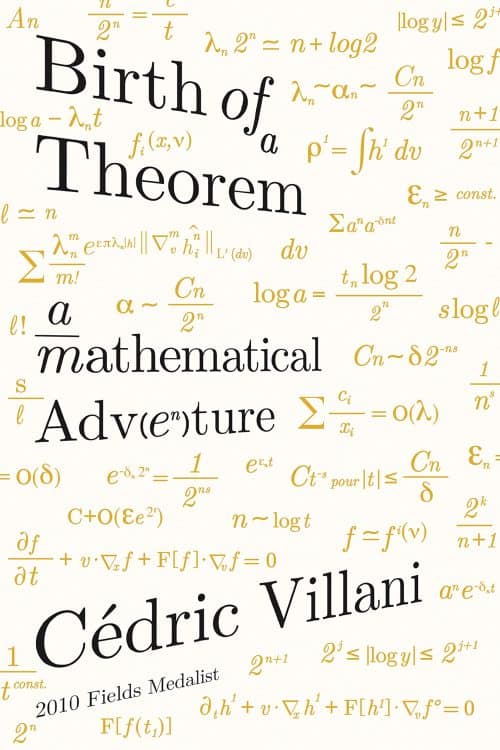This book presents the entirety of Norbert Wiener’s (1894–1964) body of thought, the knowledge of which is essential for anyone who wishes to comprehend and accurately interpret the era in which we currently live. The emphasis is placed more specifically on the philosophical and sociological facets of Wiener’s thought; however, these facets are thoughtfully framed within the context of his scientific journey throughout the book. Even though the book is organized in a biographical fashion, it is not solely a biography, despite the fact that it does highlight significant events from the subject’s life, some of which were not previously known. The book is broken up into four chronological sections. The first two of these sections examine Wiener’s development as a philosopher and logician and his brilliant interwar career as a mathematician, supported by his philosophical background. In the third part of this article, we will discuss his research during World War II. This research drew from his earlier scientific work and reflections and was ultimately responsible for the conception of cybernetics. The final part of this article discusses the radical post-war shift in Wiener’s intellectual path. Specifically, the author investigates how Wiener arrived at the decision to abandon his computer science projects and begin ceaseless public reflections on the emerging sciences and technologies of information, the social effects of these developments, and the requirement for responsibility in scientific research.
















